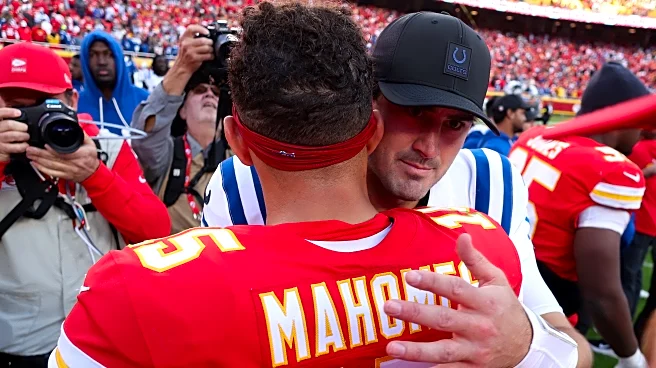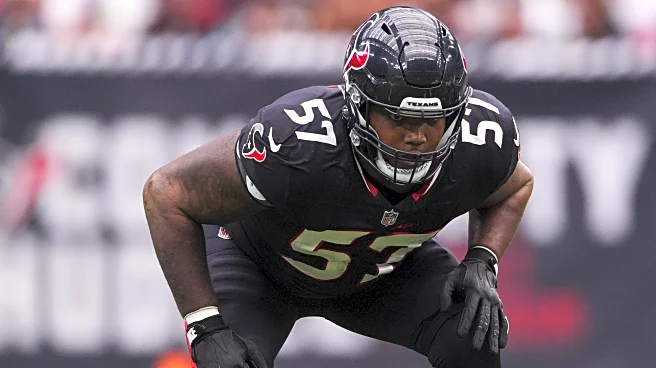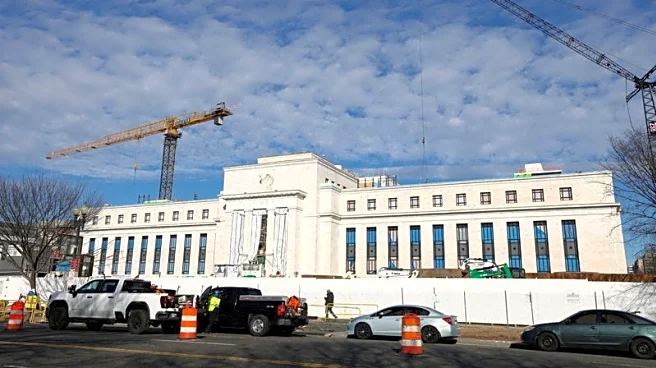What's Happening?
A federal judge has dismissed a defamation lawsuit filed by Drake against Universal Music Group. The lawsuit was centered around Kendrick Lamar's diss track 'Not Like Us,' which included allegations of pedophilia against Drake. Judge Jeannette A. Vargas ruled that the lyrics were opinion rather than fact, stating that a reasonable listener would not interpret the song as conveying objective facts about Drake. The lawsuit, filed in January, claimed that Universal Music Group published and promoted the track despite its false allegations, which Drake argued tarnished his reputation and decreased the value of his brand. Universal Music Group denied the allegations and expressed satisfaction with the court's decision.
Why It's Important?
The dismissal of Drake's lawsuit underscores the legal protections afforded to artistic expression, particularly in the context of music and entertainment. This ruling may set a precedent for how courts handle defamation claims related to artistic works, emphasizing the distinction between opinion and fact. The decision is significant for the music industry, as it reinforces the ability of artists to engage in creative expression without fear of legal repercussions for opinions expressed in their work. Universal Music Group's victory in court allows them to continue promoting their artists without the burden of legal challenges stemming from artistic content.
What's Next?
With the lawsuit dismissed, Universal Music Group is likely to continue its focus on promoting Drake's music and investing in his career. The ruling may encourage other artists to push creative boundaries, knowing that their work is protected under the guise of opinion. Drake's legal team may consider other avenues to address the reputational impact of the diss track, although the court's decision limits options for legal recourse. The music industry will be watching closely to see if this case influences future legal battles over artistic expression.
Beyond the Headlines
The case highlights the cultural significance of rap battles and diss tracks in the music industry, where artists often engage in public feuds as part of their creative expression. The legal outcome may influence how artists approach controversial topics in their music, balancing artistic freedom with potential reputational risks. The ruling also touches on broader themes of free speech and the boundaries of defamation in artistic contexts, potentially impacting how similar cases are adjudicated in the future.











